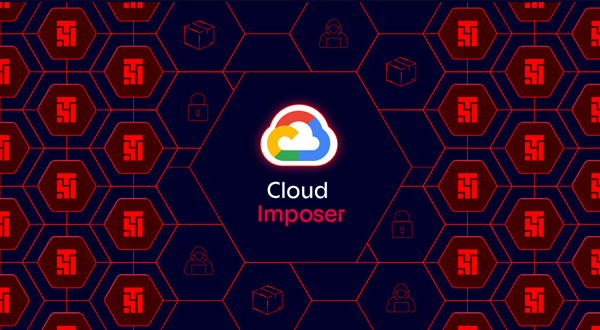Tenable Research found and fixed a remote code execution (RCE) vulnerability, called CloudImposer, in Google Cloud Platform (GCP). This flaw could have let attackers hijack a pre-installed software dependency in Google Cloud Composer. Additionally, Tenable identified concerning guidance in GCP documentation that customers should note.
The Hacker News reported, quoted with security researcher Liv Matan that, “The vulnerability could have allowed an attacker to hijack an internal software dependency that Google pre-installs on each Google Cloud Composer pipeline-orchestration tool,”.
A threat actor could launch a major supply chain attack by releasing a fake package in a public repository that matches the name of an internally developed package but has a higher version number.
This leads the package manager to accidentally download a malicious package from the public repository instead of the private one, replacing the legitimate package with the harmful version.
The problem identified by Tenable is similar in that it could be abused to upload a malicious package to the Python Package Index (PyPI) repository with the name “google-cloud-datacatalog-lineage-producer-client,” which could then be preinstalled on all Composer instances with elevated permissions.
While Cloud Composer requires that the package in question is version-pinned (i.e., version 0.1.0), Tenable found that using the “–extra-index-url” argument during a “pip install” command prioritizes fetching the package from the public registry, thereby opening the door to dependency confusion.
With this access, attackers can run code, steal service account credentials, and move around to other GCP services within the victim’s environment.
After responsible disclosure on January 18, 2024, Google fixed the issue in May 2024 by restricting the package installation to a private repository and adding checksum verification to ensure integrity and prevent tampering.
The Python Packaging Authority (PyPA) is said to have been aware of the risks posed by the “–extra-index-url” argument since at least March 2018, urging users to skip using PyPI in cases where the internal package needs to be pulled.
“Packages are expected to be unique up to name and version, so two wheels with the same package name and version are treated as indistinguishable by pip,” a PyPA member noted at the time. “This is a deliberate feature of the package metadata, and not likely to change.”
Google, as part of its fix, now also recommends that developers use the “–index-url” argument instead of the “–extra-index-url” argument and that GCP customers make use of an Artifact Registry virtual repository when requiring multiple repositories.
“The ‘–index-url’ argument reduces the risk of dependency confusion attacks by only searching for packages in the registry that was defined as a given value for that argument,” Matan said.
Source: (Tenable, the hacker news)
 InfoSecBulletin Cybersecurity for mankind
InfoSecBulletin Cybersecurity for mankind














